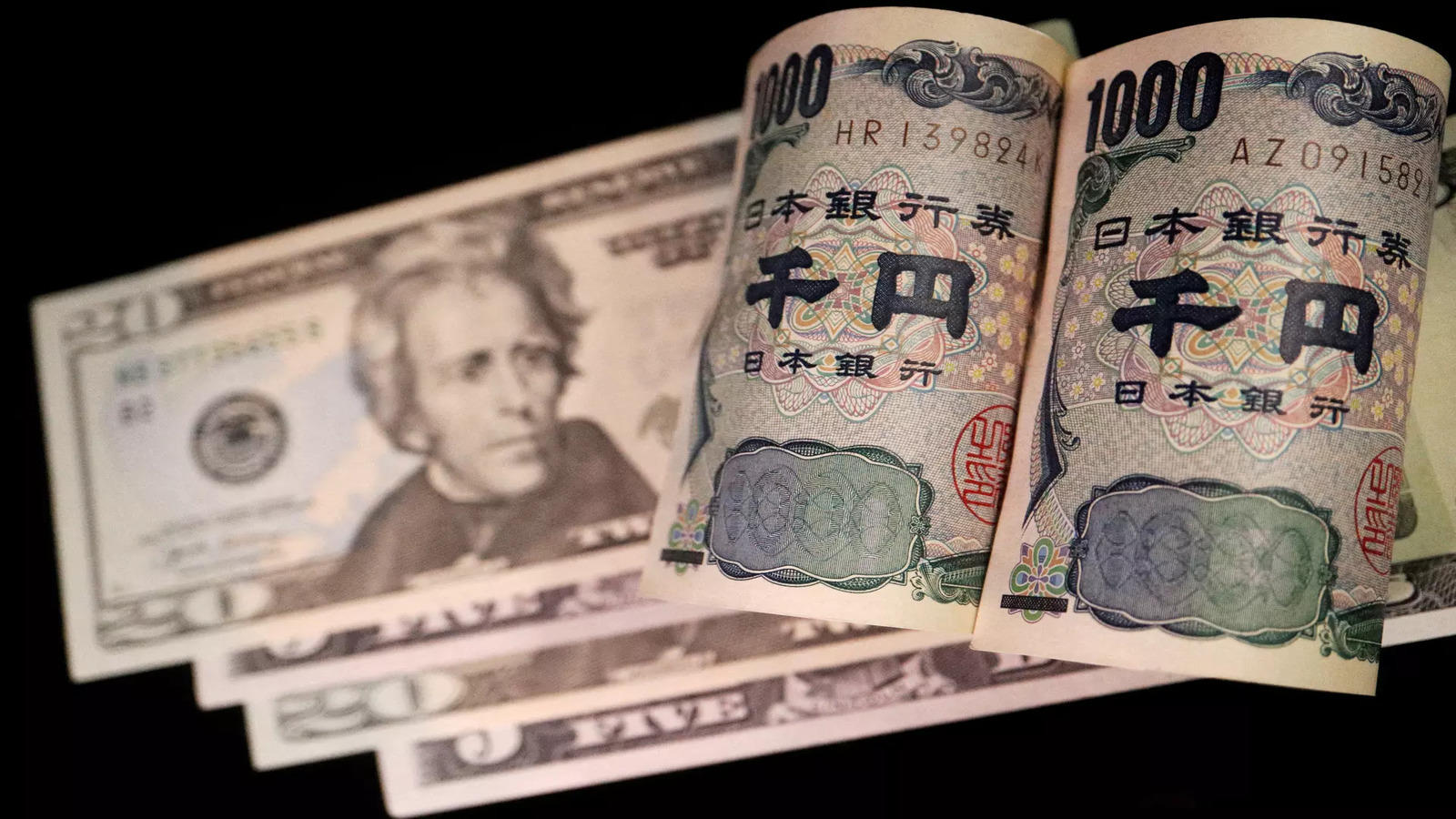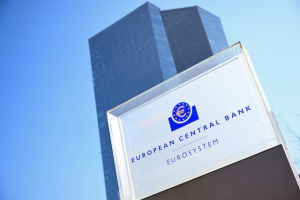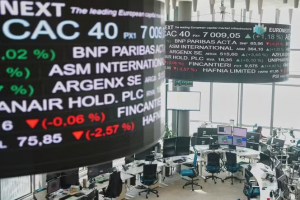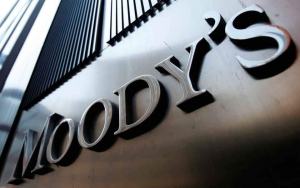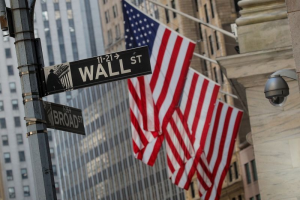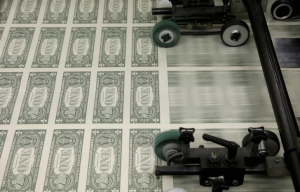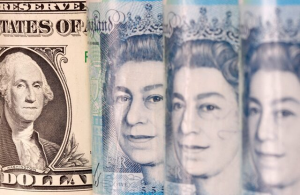Asia shares slipped on Monday in a countdown for U.S. price data that investors are banking on to show a renewed moderation in inflation, while markets were on alert for Japanese intervention as the dollar tested the 160 yen barrier. Geopolitics also loomed large, with the first U.S. presidential debate on Thursday and the first round of voting in the French election at the weekend.
MSCI's broadest index of Asia-Pacific shares outside Japan (.MIAPJ0000PUS), opens new tab fell 0.8%, after touching a two-year top last week. South Korean stocks (.KS11), opens new tab also fell 0.8%.
S&P 500 futures and Nasdaq futures were both dithering either side of flat. Shares in Boeing (BA.N), opens new tab could face pressure after Reuters reported U.S. prosecutors are recommending criminal charges be brought against the aircraft maker. EUROSTOXX 50 futures eased 0.1%, while FTSE futures lost 0.3%.
Japan's Nikkei (.N225), opens new tab inched up 0.7%, with the continued decline in the yen putting pressure on the Bank of Japan to tighten policy despite patchy domestic data.
Minutes of the central bank's last policy meeting out on Monday showed there was much discussion about tapering its bond buying and raising rates. Japan's top currency official was out early to voice disapproval with the yen's latest drop which saw the dollar reach as high as 159.94 . The dollar was trading just a shade softer at 159.74, eyeing the 160.245 peak from late April where Japan is thought to have started spending around $60 billion buying the yen. The Dow edged into the green, while the S&P 500 and Nasdaq saw fractional losses.
Demand for carry trades, borrowing yen at low rates to buy higher yielding currencies, has also seen both the Australian and New Zealand dollars reach 17-year peaks on the yen.
Even the euro was testing recent highs at 170.87 yen , despite being saddled with a round of soft manufacturing surveys (PMI) which left it stuck at $1.0692 . "The decline in the Euro area flash June PMI raises some concern that the nascent rebound is being cut short," wrote analysts at JPMorgan in a note.
The abruptness of the drop is notable against the backdrop of the French election, which was mentioned explicitly by firms as a reason for the drag."
France's far right National Rally (RN) party and its allies were leading the first round of the country's elections with 35.5% of the vote, according to a poll published on Sunday. Manufacturing surveys from the United States, in contrast, showed activity at a 26-month high in June, though price pressures subsided considerably.
The latter shift whetted appetites for the personal consumption expenditures (PCE) price index due on Friday. Annual growth in the Federal Reserve's favoured core index is expected to slow to 2.6% in May, the lowest in more than three years. "Note that low PCE deflator outcomes are needed to keep the y/y rate from rising through the course of this year given the string of low prints in the second half of 2023," cautioned analysts at NAB.
"The Fed is well aware of this as the median dot for end 2024 was 2.8% for PCE, unchanged from its current level and implying average monthly outcomes of 0.18%." A low result would likely reinforce market bets on a Fed rate cut as early as September, which futures currently price as a 65% prospect.
There are at least five Fed speakers on the docket this week, including San Francisco Fed President Mary Daly and Fed Governors Lisa Cook and Michelle Bowman.
Oil prices also eased a touch after rising around 3% last week. Brent slipped 7 cents to $85.17 a barrel, while U.S. crude also lost 7 cents to $80.66 per barrel.

